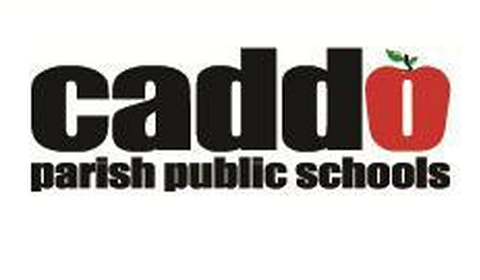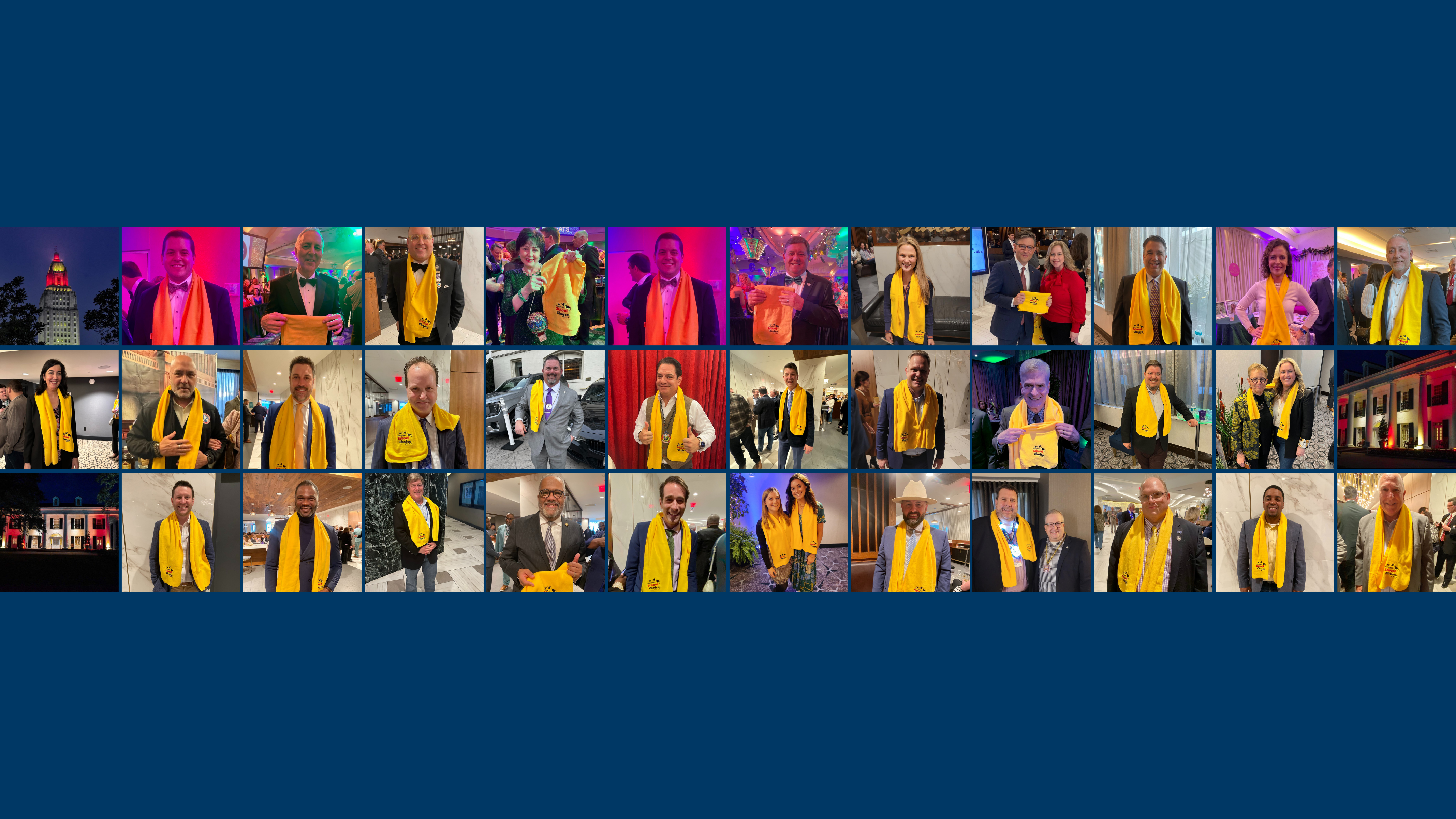
Guest Commentary: The (Last) Best Chance For Reform of Caddo Parish Public Schools
Requirements for a smooth transition proven in East Baton Rouge Parish
As many of you have heard or read from me before, there is much evidence that the Caddo Parish public schools model for educating our children has long been broken. But, unlike so many seemingly overwhelming public policy issues staring us down, the formation of independent public school districts within our parish offers a proven solution. With a few minutes of your time today or tomorrow, I urge you to read this Sunday morning opinion piece in the Shreveport Times.
As Scott Hughes details in his piece, what is required to make this transition has been proven in East Baton Rouge Parish over recent years, most recently – and most comparatively – in the formation of an independent school system in the community of Central. The public schools which are mainly in the urban center of Baton Rouge are what remains of the former East Baton Rouge Parish(wide) public school system. This leap into the future by East Baton Rouge Parish has provided the political and “how-to” heavy-lifting Caddo Parish may duplicate, if we are willing to do this work for our children.
Make no mistake about it, this can be a messy process, supercharged with loud, frequent and bitter assertions that forming independent public school systems is about a lot of things it is not. Such diversions aside, among the many things it is about, the key and most obvious is this: if, for example, the residents of Southeast Shreveport decide to use their current public school tax support to pay for their “own” school system, that money, and the schools now existing in that new district are, broadly speaking, withdrawn from the remaining school system. The task at hand is accomplishing that objective while preserving – at a minimum – the educational product of the remaining system.
Many of us were educated in Caddo public schools, and many of us educated our children and grandchildren in this system. Some of us also worked in public education, just as some of us volunteered our time, for many years, to the betterment of Caddo schools. Armed with that wide and deep training and experience, I know we do not provide the opportunity for a quality education to all of our children, and they, along with the rest of us, suffer a long list of problems as a result.
If I could kick-off this local debate, I would do it based on these personal “wants” and “don’t wants” from our schools.
I want my public schools to:
- be accountable to those who pay for it, since – as is now the case – the absence of such destroys public support.
- focus – intently and intensely – on the children; on getting Caddo children the very best education possible.
- aggressively protect our children and teachers from self-serving bureaucrats, politicians and other special interests.
- be run by those with skin in the game who live here, educate their kids and grandkids here, and pay taxes here
I do not want my public schools to:
- be about political patronage, “jobs,” private cafeterias, administrative expense accounts and travel, or unions.
- waste precious resources by concentrating on “saving” certain schools in areas where children no longer live.
- levy higher and higher taxes to pay more and more politicians, other politicos, and their always-mounting number of cronies.
- yield a less-than-quality education for any other children.
If this debate happens – and we’re stick-a-fork-in-it done if it doesn’t – a shake-out in Caddo’s public education hierarchy will be one key result. In that process, the truth will out, and a deeply divided Caddo Parish population will be forced to pull its head out of decades of sand, and work to give their children what they believe a great public education for our children actually is.
Elliott Stonecipher has worked in public policy for over 30 years, in both government and the private sector. Since Hurricane Katrina, he has focused almost exclusively on pro bono work, including governmental ethics, population trends, reform of national policy governing the U. S. census and the Census Bureau, and unsustainable public debt.





